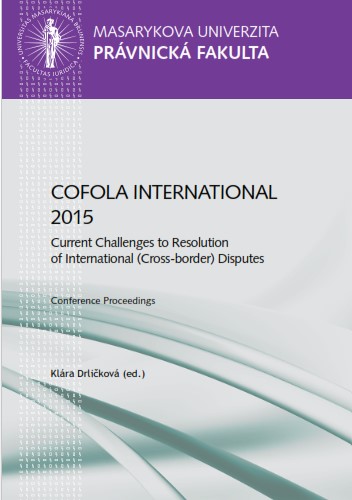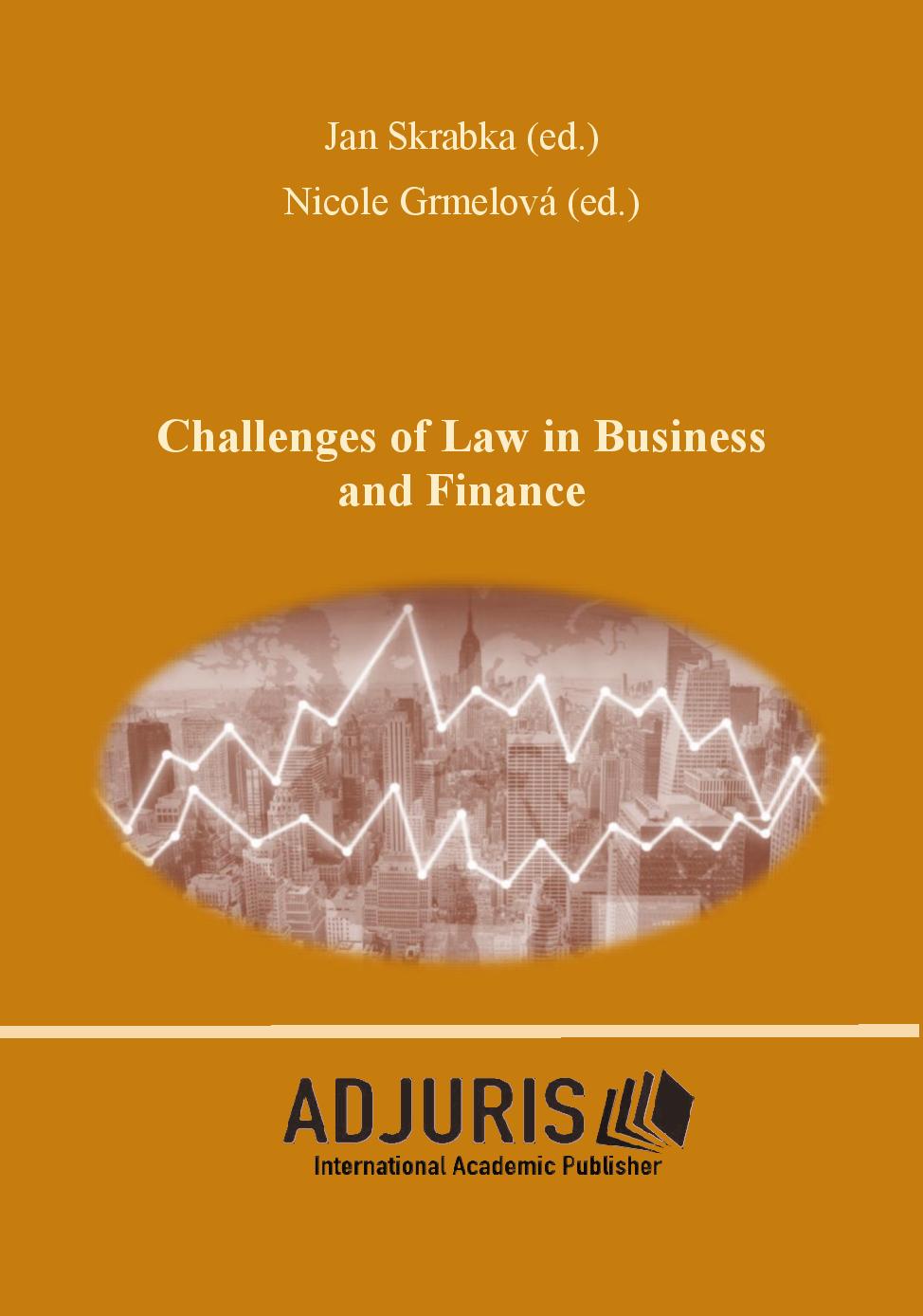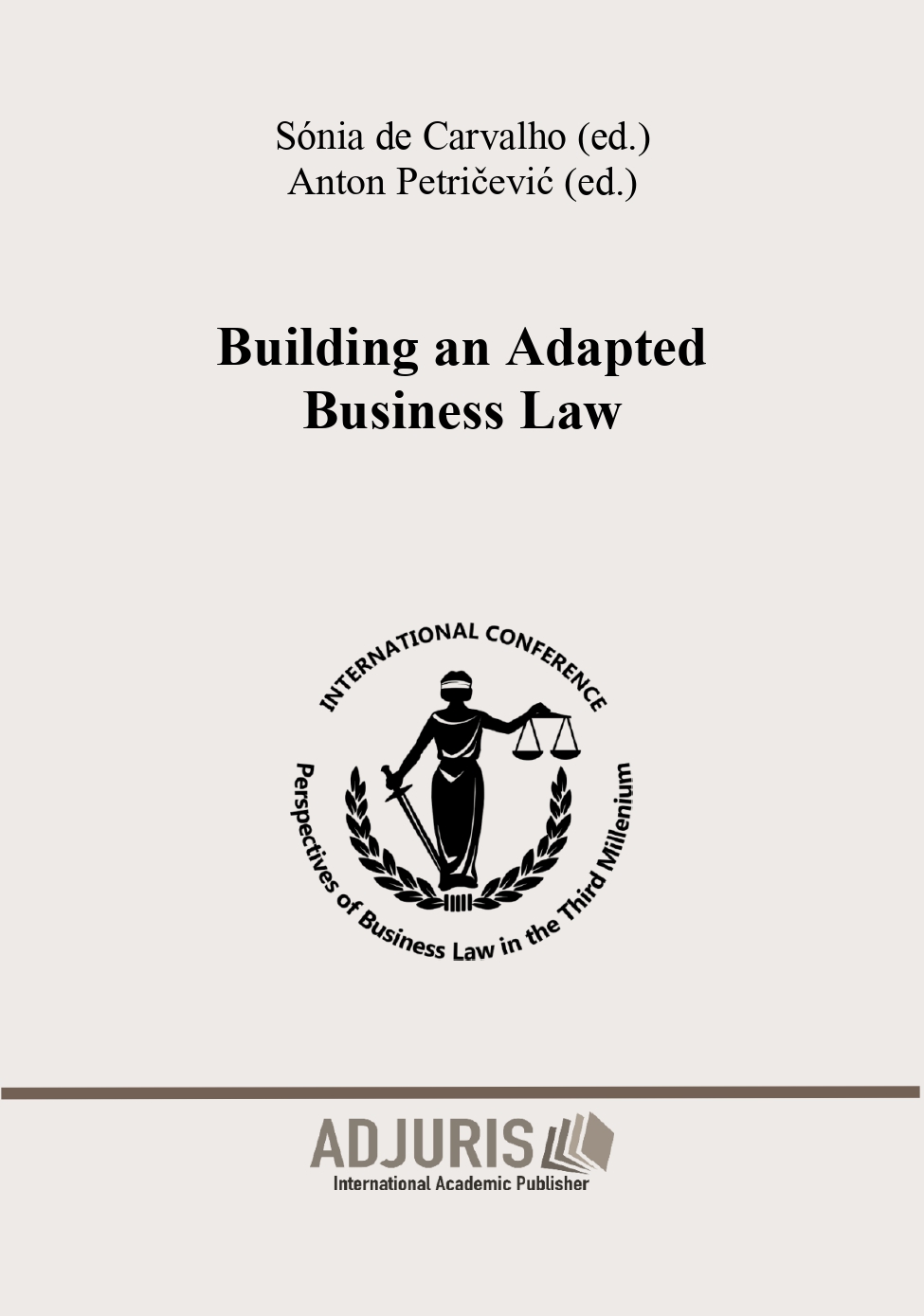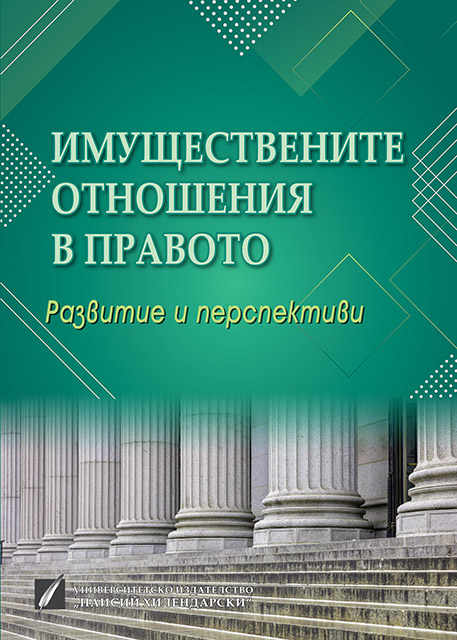Author(s): Sónia de Carvalho / Language(s): English
Publication Year: 0
The concession contract, to which the majority of legal scholars recognize the legal nature of a framework contract, is a commercial contract, which establishes a complex and long lasting contractual relationship, under which the grantor undertakes to sell to the concessionaire, and the latter to buy from him, for resale, a certain quantity of goods, assuming the risk of marketing the goods. The integration of the dealer, who acts on its own behalf and in its own name, in the grantor's network, is ensured by the compliance with certain obligations, relating to commercial policy and promotional and after sales services, under the control and supervision of the grantor. The concession contract started out as a sales contract concluded between the producer and the trader, who acted in his own name and for his own account, characterised by the existence of an exclusivity clause in favour of the latter, provided that he undertook to purchase a certain quantity of products. This negotiating scheme has, however, undergone alterations as a result of the greater integration of the distributor in the network of the licensor, resulting from the complex web of rights and duties around the parties, with emphasis on the transformation of the exclusivity clause, hitherto considered a social type element, into one of several possible clauses of the contract. Considering that we are dealing with a legally atypical, but socially typical contract, it is necessary to point out the most relevant clauses of the contract, which are essential to sustain that this contract belongs to distribution contracts, an autonomous category. The supply chain crisis currently experienced worldwide following the Pandemic COVD 19 and the role that this contract can play in the commercial distribution, by allowing the manufacturer to achieve greater efficiency in the distribution of its products, justifies the analysis of the main features of this contract.
More...




